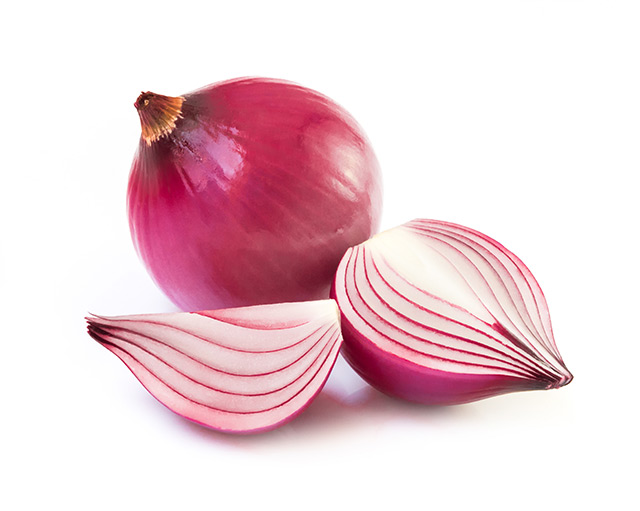Probiotics accelerate weight loss in women, say researchers
08/13/2015 / By Demo Super Admin

A Canadian test determined that probiotic supplementation helped women lose weight and keep it off. Why just women? It may have to do with they type or strain used in the test, which didn’t affect men in regard to losing or gaining weight. Let’s take a look at their study and other factors involved with probiotics.
The researchers at Laval University in Quebec City, Canada, recruited 125 overweight men and women and put them all through a 12-week weight loss diet. After that 12-week period, there was a 12-week weight maintenance schedule. So the study was actually for 24 weeks.
Half of the men and women took two capsules daily of one strain of probiotic bacteria, Lactobacillus rhamnosus. The other half took placebos.
There were two interesting results: Despite all participants losing weight after the first 12 weeks, only those women who took the probiotic pills lost more. And after the second 12 weeks for monitoring maintenance, the women who took the probiotics continued losing weight, while the men who did and those who didn’t take probiotics simply maintained or gained.
The researchers were somewhat perplexed about the gender disparity, grasping at straws to determine why.
Questioning parts of the study
They only used one probiotic strain. A high-level probiotic supplement may contain 14 strains. And fermented foods and beverages can contain even more. Maybe the strain they used didn’t interact well with the types of intestinal flora in males, or maybe males have too many bad bacteria? Whatever. Having only one friendly bacteria strain for a study is questionable.
And what about those 12-week weight loss diets? Weight watchers? Aspartame sweeteners? Processed foods? GMOs can mess up the intestinal flora balance. After the 12-week diet, there was the 12-week “maintenance” section. The test subjects continued with the single-strain probiotic, but what were they eating?
Though it’s possible that not everyone would experience weight loss with probiotic consumption, it doesn’t seem feasible that probiotics would affect only women for weight loss and not men.
Probiotics for general health and immunity
Most health food advocates understand that there has to be a proper balance of bacteria in our gastrointestinal (GI) tract for optimal digestion. That balance is figured to be around 85% good bacteria to 15% bad bacteria. There are many ways to upset that balance: antibiotics, processed foods, sugar, tension and anxiety are some.
Supporting the ages-old traditional medicine adage that all health starts in the gut, there are even more reasons for consuming probiotics than digestion. Those friendly bacteria trigger immune responses throughout the body and even affect signals within the nervous system and brain. This is why the gut is slowly being recognized as the “second brain.”
You can shop and research for the ultimate probiotic supplement, which will be expensive, or you can use fermented foods and beverages that you can make yourself to practice the age-old adage of making food your medicine.
Some examples are kimchi, sauerkraut, tempeh (fermented soy), fermented soy sauce and other veggies that you can Google search on how to ferment. Homemade kombucha is another source. Fermented sourdough for bread can be homemade, but you can also search for that occasional bakery that uses real fermented sourdough starters too.
My favorites are homemade water and milk kefir, which have abundant amounts of several probiotic strains. They both require starter grains that can be ordered online.
If you’re interested, you can start your research here (http://www.naturalnews.com) and here (http://www.naturalnews.com).
Use the links in the sources sections or texts of those articles.
Sources for this article include:
The study abstract:
http://www.eurekalert.org
Tagged Under:




















